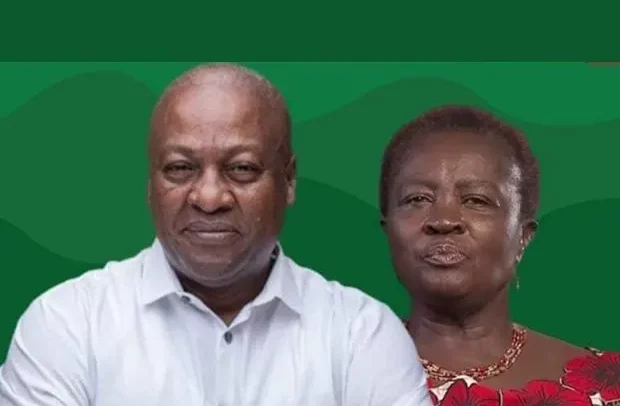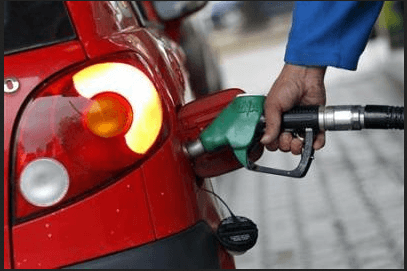
Fuel prices at the pump have seen some hikes, depending on the company selling. The increase in prices has been attributed to the rollout of the Energy Sector Levy (Amendment) Law, also known as the Dumsor Levy (D-Levy).

The government has begun the collection of GH?1 per litre, which translates to GH?4 per gallon tax, effective Wednesday, July 16, 2025.
Though the implementation was on June 16, 2025 it was postponed, with the Ghana Revenue Authority (GRA) citing operational and technical readiness as reasons.
The government is expecting to generate GH?5.7 billion annually from the D-Levy to support the energy sector.
RISE
On Wednesday, July 2, 2025, Ghana Oil (GOIL) sold petrol for GH?12.07 and diesel for GH?13.20. However, yesterday, the prices increased with petrol selling at GH?12.88 and diesel at GH?14.38.
CONTRAST
This increase is in contrast with assurances from the government that the introduction of the D-Levy would not affect fuel prices.
The government touted itself as intelligent and one with the acumen to be able to introduce a levy and still maintain prices.
The Minister for Energy and Green Transition, John Abdulai Jinapor, on the floor of Parliament on June 3, 2025 refuted claims that the D-Levy would burden Ghanaians as it would lead to an increase in fuel prices.
“Mr Speaker, let me assure you that, unlike the previous administration, we (Mahama government) will use these funds (D-Levy) judiciously for the energy sector. And I tell you, we are determined to turn this sector around,” he said.

The minister, who is the MP for Yapei/Kusaugu, continued that, “Mr Speaker, on this auspicious note, let me make it clear that irrespective of the GHC1, we are not going to see an increase in the pump price in the petroleum sector. It is only an intelligent government that can do this. It’s only a smart government. It’s only a government with acumen that can do this.”
THE D-LEVY
Parliament on Tuesday, June 3, 2025 approved the Energy Sector Levy (Amendment) Bill, 2025. This bill, which is now law, has imposed a GHC1 tax on petroleum products.
The argument that supported the new tax was that the energy sector is saddled with debts that must be settled.
Further, the government intends to ensure no break in energy supply to Ghanaians and businesses.
IT IS BAD
Some Ghanaians, as well as the opposition New Patriotic Party (NPP), have opposed the D-Levy, arguing that if the E-Levy was bad, then the D-Levy is also bad.
The MP for Bantama, Francis Asenso Boakye, in a post on Facebook, has described the fuel tax as catastrophic.
According to him, the D-Levy is worse than the E-Levy the NDC in opposition demonised.
The former Minister for Roads and Highways, Asenso Boakye, in his post yesterday said, “This is the height of political deceit; a desperate bid for power that fed on populism and false promises.
“The Mahama administration knew the truth but chose to mislead the public, vilifying a better alternative (E-Levy) just to win votes, only to turn around and impose a heavier burden on the very people they (NDC) claimed to be fighting for. This is not leadership. It is betrayal.”
In contrast, the D-Levy, he explained, is a blanket tax on fuel with immediate and widespread implications.
“Now, the same Mahama-led NDC, barely six months into office, has slapped a blanket tax on fuel… with direct and harsh consequences for the average Ghanaian, rising transportation fares, food prices and inflation. It is a tax that hits everyone, everywhere — from market women to trotro drivers, farmers to students,” Asenso-Boakye wrote.
The post Fuel Prices Shoot Up … As ‘Dumsor Levy’ Kicks In appeared first on The Ghanaian Chronicle.
Read Full Story















![Donald Trump booed at Club World Cup final as Chelsea beat PSG 3-0 [Video]](https://sportal365images.com/process/smp-images-production/pulse.com.gh/14072025/82ffe328-1931-4bab-a485-663d2be4b032.png)
Facebook
Twitter
Pinterest
Instagram
Google+
YouTube
LinkedIn
RSS